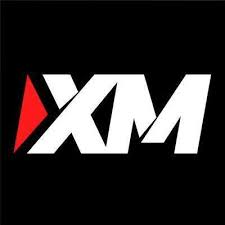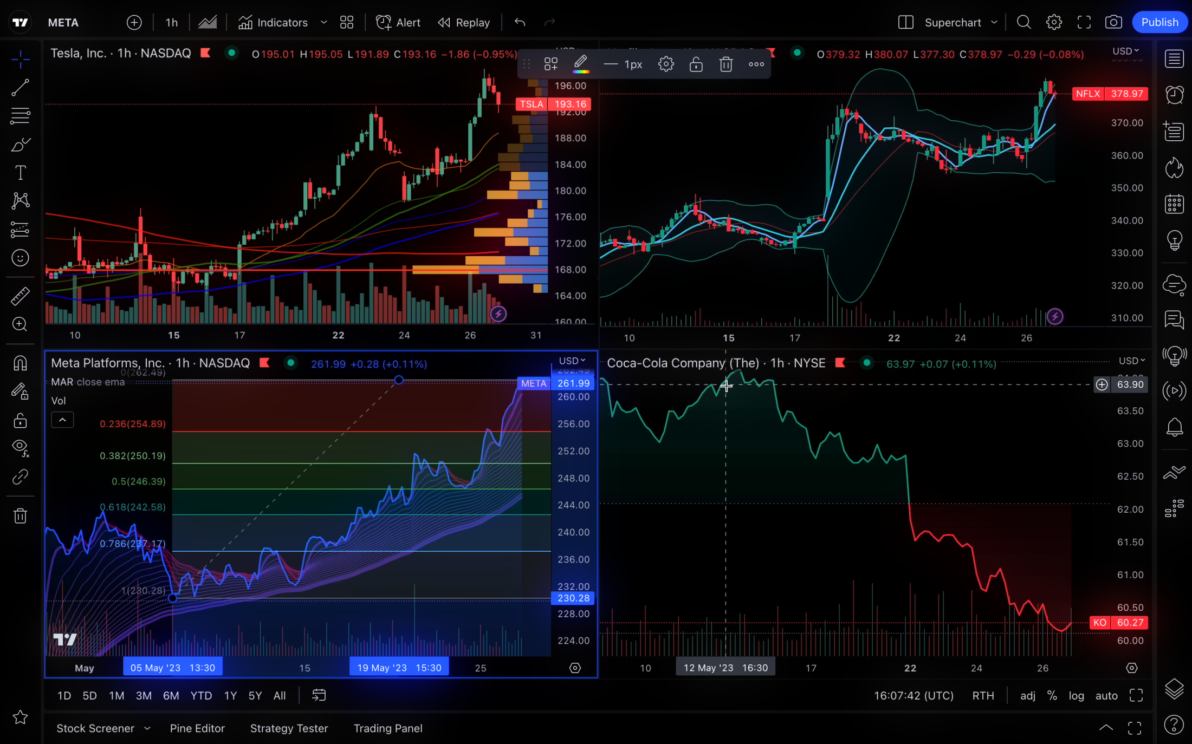Investing: DIY vs Using a Broker

Investing: DIY vs Using a Broker
Investing in financial instruments is a significant decision that involves choosing the right approach to suit individual needs. The two primary methods are the do-it-yourself (DIY) approach and using a broker. Understanding the key differences between these methods is essential for making informed investment decisions.
Understanding Investment Approaches
The DIY method appeals to those who prefer full control over their investment choices and have the time and knowledge to manage their portfolios independently. This approach requires a substantial commitment to research and market analysis.
Using a broker, on the other hand, provides access to professional expertise, advanced trading platforms, and a wide range of financial instruments. Brokers can simplify the investment process, making it more accessible to those who may not have the time or expertise to manage investments on their own.
Key Variables in Investment Choices
When deciding between DIY investing and using a broker, three critical variables play a pivotal role:
- Ease of Investment: How straightforward is it to invest in each instrument, considering the time, effort, and tools required? This indicates the practicality of investing in each instrument, factoring in the convenience provided by brokers versus the time and effort required for DIY investing.
- Risk Level: What is the general volatility and potential for loss associated with each instrument? Assessing the potential volatility and financial risk involved helps align investment choices with individual risk tolerance.
- Time Horizon: What is the typical duration an investment is held, and how does it align with financial goals? Aligning investment choices with personal financial goals and investment timelines is crucial for achieving desired outcomes.
Comparison of Financial Instruments and Investment Methods
Below is a summary of how different financial instruments compare across these key variables when investing DIY versus using a broker.
| Instrument | DIY Investment | Online Broker | Ease of Investment | Risk Level | Time Horizon | Liquidity | Minimum Investment Required |
| Stocks | Yes | Yes | More convenient via Broker; DIY is time-consuming | Medium | Medium to Long Term | High | Varies |
| ETFs | Yes | Yes | Simpler through Broker platforms | Low to Medium | Short to Long Term | High | Low |
| Forex | Yes | Yes | Complex DIY; Brokers provide essential tools | High | Short Term | High | Low to Medium |
| Commodities | Limited | Yes | Limited DIY; Brokers offer better access | High | Short to Medium Term | Medium | High |
| Indexes | No | Yes | Only accessible via Broker | Low | Medium to Long Term | High | Low to Medium |
Note: Accessibility to certain instruments may vary based on local regulations.
By considering these variables, investors can better understand which instruments and investment methods align with their needs and preferences.
Understanding Investment Approaches
The DIY method appeals to those who prefer full control over their investment choices and have the time and knowledge to manage portfolios independently. This approach requires a significant commitment to research and market analysis.
Using a broker provides access to professional expertise, advanced trading platforms, and a wider range of financial instruments. Brokers can simplify the investment process, making it more accessible to those who may not have the time or expertise to manage investments independently.
Pros and Cons of DIY Investing vs Using a Broker
| Aspect | DIY Investing | Using a Broker |
| Pros | – Control Over Decisions: Complete autonomy in making investment choices. – Cost Efficiency: Potentially lower fees by avoiding broker commissions. – Educational Experience: Direct involvement fosters a deeper understanding of financial markets. |
– Professional Support: Access to market analysis and investment insights. – Advanced Tools: Utilization of sophisticated trading platforms and resources. – Convenience: Streamlined processes for executing trades and managing portfolios. |
| Cons | – Time-Consuming: Requires substantial time for research and monitoring. – Expertise Required: Necessitates a strong grasp of market dynamics. – Higher Risk of Errors: Without professional guidance, the likelihood of mistakes increases. |
– Costs and Fees: May involve commissions and service charges. – Less Personal Control: Investment decisions might be influenced by broker recommendations. – Potential Conflicts of Interest: Brokers may have incentives to promote certain products. |
Overview of Featured Brokers
Exploring reputable brokers can provide valuable resources for investors. Below is an overview of notable brokers and their specialties.
| Broker | Specialty Instruments | Summary | Link to our Full Review Page | Direct Link |
| eToro | Social Trading, Cryptocurrencies | Pioneers in social trading, allowing investors to follow and replicate the trades of experienced investors. | Visit eToro full review. |  |
| AvaTrade | Forex, CFDs | Offers diverse trading platforms and educational resources, catering to various levels of trading experience. | Visit AvaTrade full review. | |
| XTB | Forex, CFDs | Provides Forex and CFD trading with advanced charting tools and a focus on client education. | Visit XTB full review. | |
| XM | Forex, CFDs | Known for competitive spreads and multiple account types, offering access to Forex and CFD markets. | Visit XM full review. |  |
| RoboForex | Forex, Stocks | Offers multiple trading platforms and a variety of asset classes, including Forex and stocks. | Visit RoboForex full review. | |
| Plus500 | CFDs | Specializes in Contracts for Difference (CFDs) across various markets, offering a user-friendly platform suitable for traders at different experience levels. | Visit Plus500 full review. |  |
| Admiral Markets* | Forex, CFDs | Provides a wide range of trading instruments, including Forex and CFDs, supported by advanced platforms and educational materials. | Coming soon! |  |
| Interactive Brokers* | Stocks, ETFs, Options | Known for comprehensive market access, offering stocks, ETFs, options, and more with professional-grade trading tools. | Coming soon! |
*Coming soon to BrokerSuperMarket
Disclaimer: Instrument availability is subject to local market regulations. The information provided reflects global offerings.
Choosing the Right Path for Investments
The decision between DIY investing and using a broker should be based on:
-
-
-
-
- Personal Expertise: Assessing knowledge and comfort level with financial markets.
- Time Commitment: Considering the amount of time available to manage investments.
- Investment Goals: Aligning choices with financial objectives and risk tolerance.
- Available Resources: Evaluating the tools and support needed for successful investing.
-
-
-
Exploring the offerings of different brokers can provide clarity on services that align with individual investment strategies.
Conclusion
Investing is a personal journey that demands careful consideration of various factors. Whether opting for a DIY approach or utilizing a broker’s services, understanding the differences and evaluating personal needs can lead to more effective investment decisions.
Disclaimer: the content provided in this article is for informational purposes only and should not be considered financial advice. BrokerSuperMarket does not guarantee any specific financial outcomes or investment results. Always conduct your own research and consult with a qualified professional before making investment decisions.
February 14, 2025 05:07:00am
TradingView is a highly popular financial charting platform that caters to trade...
September 07, 2024 18:19:52pm
The energy industry remains crucial to the global economy, with traditional sect...








 en
en es
es